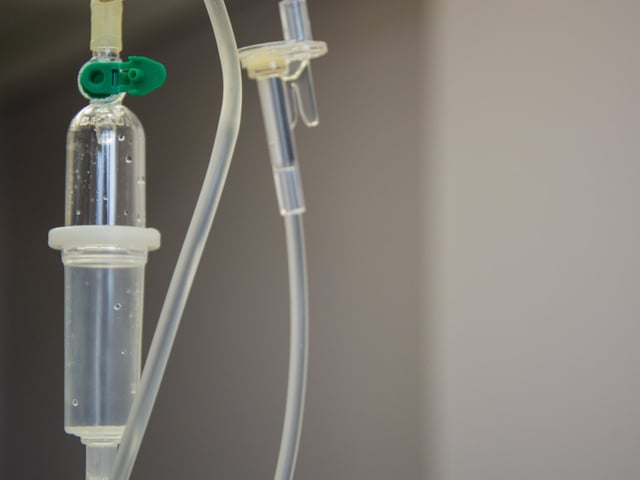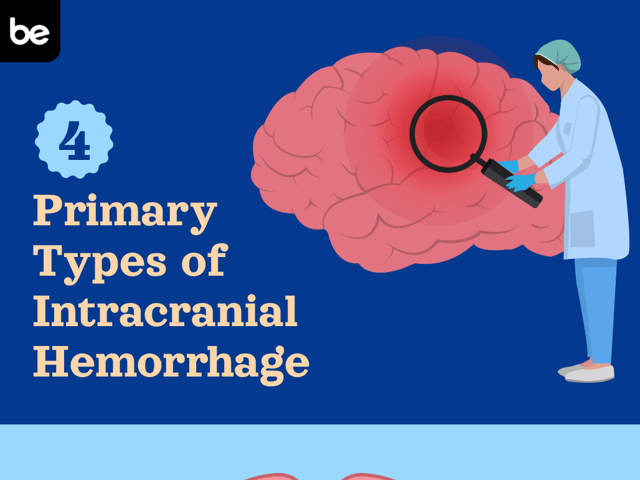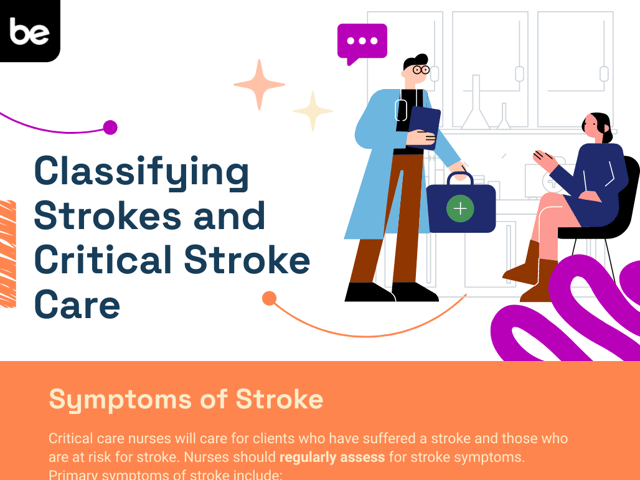
Is the CCRN Exam Hard?
In the US, over 700,000 people work in critical care units (CCUs). With such a large and important workforce, it’s no wonder that the industry has developed exams to test the knowledge and skills of nurses who want to work in CCUs.
If you’re looking to become a critical care nurse or are currently working as one, the Certified Clinical Research Nurse (CCRN) exam is an essential step in your career. The CCRN certification is given by the American Association of Critical-Care Nurses (AACN).
The certification proves that you have the necessary skills and knowledge to work in a critical care unit. So, how hard is the CCRN exam?
What Is the CCRN Exam?
The CCRN exam is a computer-based test that consists of 150 multiple-choice questions. It is offered in English only, and you will have three hours to complete the exam. The test covers a variety of topics related to critical care nursing, including:
-
Cardiovascular system (17%)
-
Respiratory/Endocrine/Hematology/Gastrointestinal/Renal/Integumentary systems (15%)
-
Musculoskeletal/Neurological/ Psychosocial systems (14%)
-
Multisystem care (14%)
-
Professional Caring and Ethical Practice (20%)
The exam will test your knowledge and abilities as a critical care nurse. You will be expected to demonstrate your expertise in all aspects of critical care nursing, from reading and interpreting cardiac rhythms to understanding the various types of patient sedation.
As with the NCLEX-RN, remember that on the CCRN exam, the correct or best answer sometimes isn’t the one you have experienced on the job. In real life, patient care can be complicated and imperfect, but when selecting an exam answer, you should assume you have all available resources, such as appropriate unit staffing and properly working equipment.
The CCRN exam uses the Synergy Model for Patient Care, a holistic model that places the patient in the center of nursing practice. In this framework, patients are thought of as displaying different levels of the following characteristics:
-
Complexity
-
Participation in care
-
Participation in decision making
-
Predictability
-
Resiliency
-
Resource Availability
-
Stability
-
Vulnerability
The Synergy model also defines nursing characteristics as they relate to patient care:
-
Advocacy and moral agency
-
Caring practices
-
Clinical inquiry
-
Clinical judgment
-
Collaboration
-
Facilitation of learning
-
Response to diversity
-
Systems thinking
Nurses should adjust the importance of their nursing response based on the characteristics of each patient and family. For example, suppose a patient has been identified as vulnerable due to limited resources and immigrant status. In that case, the nurse may place a great emphasis on response to diversity when providing care.
CCRN Eligibility Requirements
To become a CCRN, you must first meet the eligibility requirements set forth by the AACN. There are two options for test eligibility, both of which include holding a valid Registered Nurse (RN) or Advanced Practice Registered Nurse (APRN) license.
The first option requires at least 1,750 hours of experience working in a direct-care role in a critical care unit within the last two years. At least 875 of these hours must have come from the year before your application, and you must have been the primary nurse providing care; hours logged shadowing another nurse on orientation do not count.
You can also qualify to sit for the CCRN exam if you have logged 2,000 hours caring for critically-ill patients. These 2000 direct-care hours must have occurred in the last five years, with a minimum of 144 hours from the year preceding your application.
Once you’ve met the eligibility requirements, you can register for the CCRN exam. The registration fee is $340 for members of the AACN and $ 440 for non-members. You can register for the exam online or by mail.
What to Expect on the CCRN Exam
The CCRN exam is difficult, but it is possible to pass with proper preparation. Here’s what you can expect on test day.
-
You will have three hours to complete the exam
-
The exam consists of 150 multiple-choice questions
-
125 questions are scored and 25 are for research purposes only. You will not be made aware which questions count towards your score.
-
The questions cover a variety of topics related to critical care nursing
-
Some questions will require you to interpret data or read short passages before answering
-
On the adult CCRN exam, you must answer 83 questions correctly in order to pass.
Moreover, the CCRN exam is a computer-based test, which means you will take the exam at a testing center on a computer. Some areas may also offer an at-home proctored option. You will receive your results immediately after you finish the exam, with a detailed score report emailed to you within 24 hours.
How to Study for the CCRN Exam
Because the CCRN exam is such a difficult test, you must study effectively and efficiently. As you are likely a busy working nurse, create a study schedule well ahead of your test dates that considers your lifestyle and learning preferences. Practice tests, study guides, and flashcards are all flexible and effective ways to learn the material and can be easily worked into the most hectic of days.
Several organizations offer review courses typically lasting two to five days. Prices vary but expect to pay around $500 for a course. Some hospitals may also provide CCRN prep courses to their employees. Check with your HR department to see if your hospital offers this type of course.
Managing Test Anxiety for the CCRN Exam
It is normal to feel some anxiety before taking the CCRN exam. After all, it is a difficult test with high stakes. But there are things you can do to manage your anxiety and stay calm on test day.
First, ensure you are well-rested and have eaten a healthy meal before the exam. It is also important to arrive at the testing center early to have time to relax and settle.
Once you’re in the testing room, take a few deep breaths and remind yourself that you have studied hard and are prepared for the test. If you start to feel anxious, take a break and walk around the room for a few minutes.
Furthermore, remember that there is no shame in taking the exam more than once. If you fail to pass the first time, study harder and retake the test.
Tips for Passing the CCRN Exam
In addition to managing your anxiety and studying hard, you can do a few other things to increase your chances of passing the CCRN exam. Here are some tips:
-
Read each question carefully and make sure you understand what is being asked before selecting an answer.
-
If you don’t know the answer to a question, eliminate any obviously wrong answers and make your best guess.
-
Only spend a little bit of time on any one question. If you’re having trouble, move on and return to it later.
-
Trust your gut: If you’re unsure of an answer, go with your first instinct.
The CCRN exam is difficult, but it is possible to pass with proper preparation. By studying hard, managing your anxiety, and following these tips, you can increase your chances of success.
What to Do After Passing the Exam?
After passing the CCRN exam, you’ll be one step closer to becoming a certified critical care nurse. But there’s still more work to be done.
You’ll need to maintain your certification by completing continuing education credits and renewing your certificate every three years.
You can find information on continuing education requirements and the renewal process on the AACN website.
You Can Pass the CCRN
The CCRN exam is essential for nurses who want to work in the critical care unit.
The exam is difficult, but it is possible to pass with proper preparation. To do your best on the CCRN exam, review the AACN handbook and study using resources such as review courses, practice tests, and flashcards.
On test day, manage your anxiety by being well-rested and arriving early to the testing center. Follow these tips, and you will be on your way to passing the CCRN exam!
Keep Reading

CCRN Blog
Is CCRN Certification Worth It?
The CCRN (Critical Care Registered Nurse) Certification stands as a tes…

CCRN Blog
Traumatic Brain Injury and Intracranial Hemorrhage
Traumatic brain injury and intracranial hemorrhage are two common diagn…

CCRN Blog
Classifying Strokes and Critical Stroke Care
Stroke is one of the leading causes of death in the United States. Many…